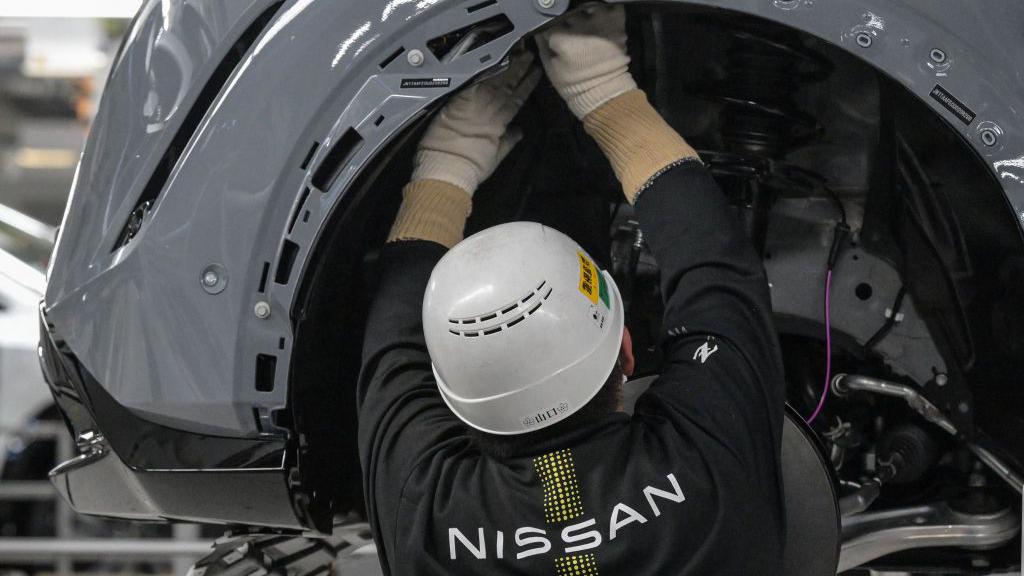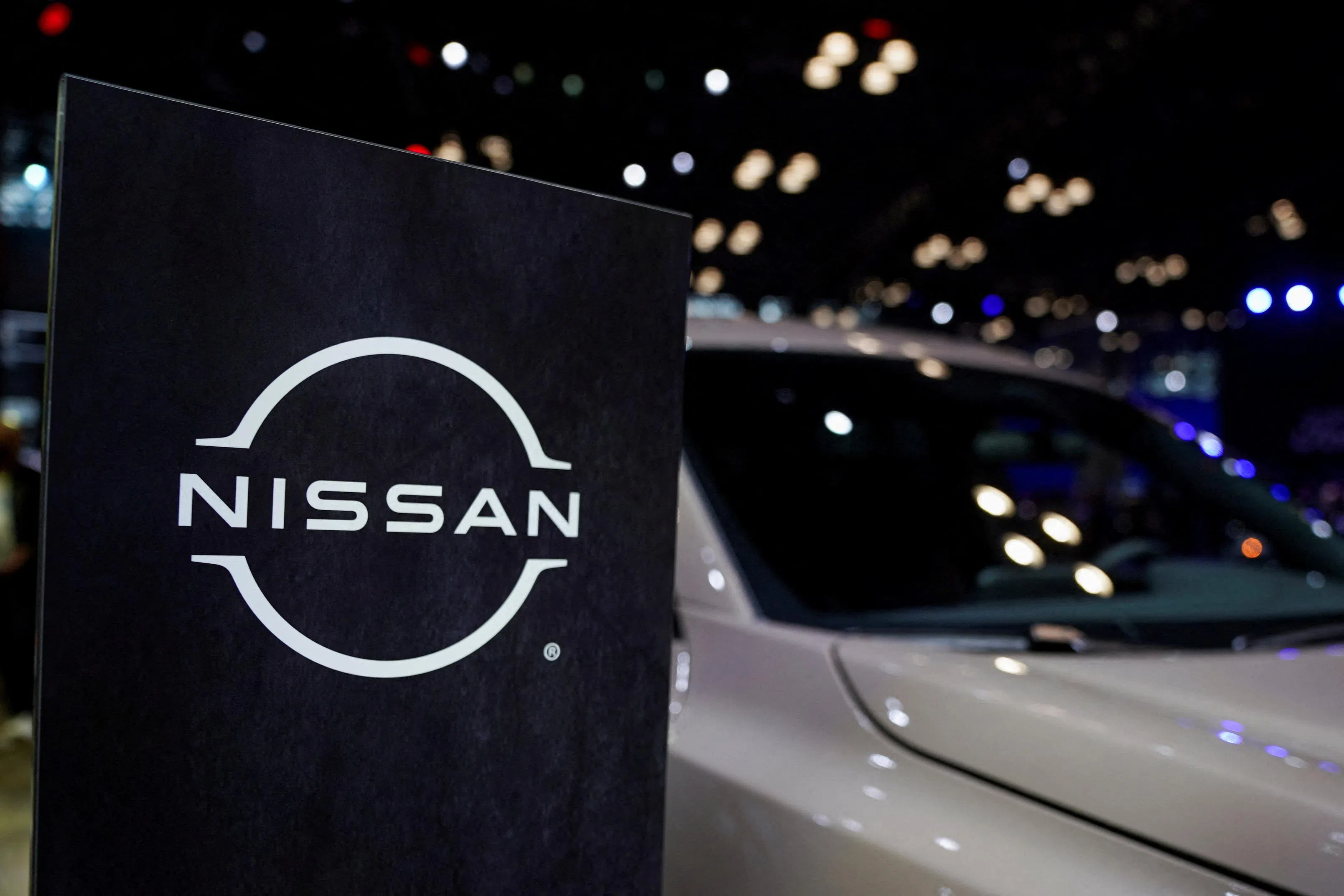Japanese automotive giant Nissan has announced plans to lay off thousands of employees as part of a global restructuring effort aimed at reducing costs and tackling declining sales in key markets like China and the U.S. Nissan plans to cut around 9,000 jobs worldwide and reduce its global production by 20% in a strong push to stabilize the company during this challenging period.
Here's ads banner inside a post
Financial Crisis and Tough Decisions
This decision stems from a significant decline in revenue. Nissan also slashed its 2024 operating profit forecast by 70%, marking the second downward adjustment this year—a figure that underscores the severity of Nissan’s current crisis.
Makoto Uchida, Nissan’s CEO, explained that these restructuring measures do not imply that the company is shrinking. “Nissan will restructure its operations to become leaner and more resilient,” Uchida stated. To demonstrate the company’s commitment to cutting costs, Uchida’s monthly salary will be halved, and other top executives will also take pay cuts.
Uncertain Future for Nissan Plants, Including Sunderland
Nissan currently employs over 6,000 workers at its major manufacturing plant in Sunderland, Northeast England, though it remains unclear if this facility will be affected in the latest round of layoffs. Nissan has not yet disclosed specific locations for the cuts, leaving many employees worried and uncertain.
Here's ads banner inside a post
Sunderland is an important symbol of the UK’s automotive industry, and Nissan’s presence has provided stable employment for thousands of families. However, this decision casts a shadow over the future of the Sunderland plant and the thousands of workers there, as Nissan grapples with global challenges.
Intense Competition in the Chinese Market
One key factor behind Nissan’s struggles is the increasingly fierce competition in the Chinese market. With the rapid rise of domestic brands like BYD and the booming electric vehicle (EV) industry, foreign automakers like Nissan face immense pressure. While China has become the world’s largest EV producer, many Western and Japanese manufacturers have been slow to keep up with the shift toward electric vehicles, losing ground to domestic companies.
According to Mark Rainford, a China-based automotive industry analyst, “Nissan, like many Japanese automakers, has been very slow to embrace EVs in China, and this is clearly reflected in their performance.” This delay is causing Nissan to lose significant market share in a crucial market where Chinese competitors hold advantages in price and local consumer access.
Here's ads banner inside a post
Struggles in the U.S. Market and Inflationary Pressures
In addition to China, Nissan is also struggling in the U.S. market. High inflation and rising interest rates have directly impacted consumer demand for new vehicles, leading to a drop in U.S. sales. To address lower demand, automakers have been forced to cut vehicle prices, which has negatively impacted their profits.
This situation not only affects Nissan but also poses challenges for the entire automotive industry amid a turbulent global economy. As car prices fall, automaker profits decline, placing Nissan under significant pressure to remain competitive in a volatile market.
New Plans for the Future: Nissan’s Shift to Electric Vehicles at Sunderland
Despite facing significant challenges, Nissan remains committed to investing in the future of electric vehicles. Last November, Nissan and its partners announced a £2 billion ($2.6 billion) plan to produce three electric vehicle models at its Sunderland plant. As part of this plan, Nissan will build new electric models such as the Qashqai and Juke, along with the next generation of the Leaf EV, which has already been produced there.
This effort reflects Nissan’s shift toward EVs and its attempt to keep up with rising global demand for electric vehicles. While restructuring and job cuts may be difficult steps, Nissan hopes that these improvements and investments in EVs will help it overcome current challenges and lay a strong foundation for the future.
Impact on Employees and the Future of the Auto Industry
Nissan’s large-scale restructuring sends a clear message about its commitment to survival and long-term growth. However, this approach inevitably raises concerns for thousands of employees and their families. For those working at the Sunderland plant, worries about the future are inevitable as Nissan faces pressures on multiple fronts.
With intense competition from China and the U.S. and the need to transition to EVs, the global auto industry is undergoing a period of rapid transformation. Nissan, along with other automakers, will need to continue innovating and adjusting its strategies to keep up with fast market changes and meet growing demands for green and energy-efficient vehicles.
Though Nissan’s future is fraught with challenges, strategic moves like focusing on EVs at Sunderland may be the key to helping the company survive and thrive in an industry undergoing dramatic shifts.




